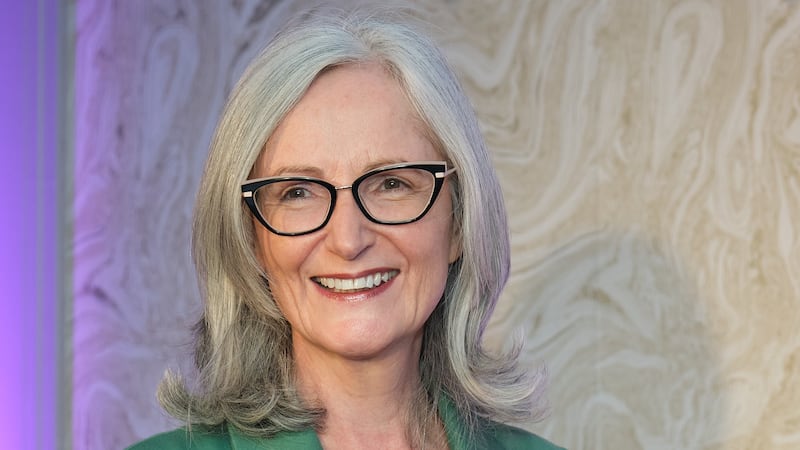A Palliative Care Week comes to a close today, Joanne Reid, professor of cancer and palliative care, discusses end-of-life services in Northern Ireland.
More people than ever will be living beyond their 100th birthday, which is one of the great achievements of public health, but living longer will contribute to a significant increase in the number of deaths of older people in Northern Ireland by 2040.
A consequence of living longer, and increasing elderly one-person households, means older people are much more likely to be surviving with complicated health and social care needs.
This includes significant challenges at the end of life, including staying at home for as long as possible.
We know that place of death is important for the quality of end-of-life.
Achieving a preferred place of death matters to the patient and their immediate family and carers, it can also help with the bereavement process and is considered a good quality marker for end-of-life care by service providers.
However, very little research exists on end-of-life for people living in Northern Ireland and it is not clear if these needs are being met within current palliative care provision in Northern Ireland.
Researchers from the School of Nursing and Midwifery at Queen’s University Belfast, in collaboration with Marie Curie, undertook the task to estimate and better understand care setting service requirements for those at the end-of-life living in Northern Ireland by 2040.
Such analyses aim to predict future outcomes when we cannot wait 20 years to see what might happen. Data from the past helps to predict with reasonable certainty what might happen in the future.
The current analysis shows a growing and ageing population will contribute to a significant increase in the number of deaths of older people in Northern Ireland by 2040.
Northern Ireland data also shows that between 2004 and 2018, dying in hospital is the most common care setting at the end of life. However, by 2018, deaths in hospitals, hospices, and ‘all other places’ decreased whereas deaths at home and in care homes increased.
The current analysis suggests that if Northern Ireland's place of death trends continue, the need for end-of-life care will increase over the next 20-years, particularly within community settings.
By 2040, deaths within the community could account for over 50 per cent of all deaths. Additional and effective provision of community capacity could decrease the number of deaths that occur within the hospital setting.
However, with the continuing lack of sustainable social care resourcing, the number of deaths that occur in hospitals is likely to increase.
These findings for Northern Ireland align with death projections across Scotland, England, and Wales, which reported a significant increase in people dying outside hospital by 2040.
Such forecasts are aligned with other ageing countries.
Collectively, these studies draw attention to the urgent need for a shift of care and resources into care within the community across the United Kingdom.
Death at an increasing age has serious implications for end-of-life care provision, and it is unclear at present whether health and social care services in Northern Ireland, as they are currently constituted and resourced, will be sufficient to meet future demand.
Northern Ireland requires urgent prioritisation for community care resourcing, and increased research capacity to ensure community settings can meet the fundamental care and specialist support needs of those at the end-of-life.
This is a timely demand given that it is Palliative Care Week across the island of Ireland.
Now in its eighth year, the week has run from September 12 to today to raise awareness of the positive impact that palliative care has on the lives of people with life-limiting illnesses and their families; allowing them to live their lives as fully as they can (visit The Palliative Hub website to find out more).
:: Joanne Reid is a Professor of Cancer and Palliative Care and Director of Research in the School of Nursing and Midwifery in Queen’s University Belfast. She is also the Chair of the Palliative Care Research Network at the All Ireland Institute of Hospice and Palliative Care.







